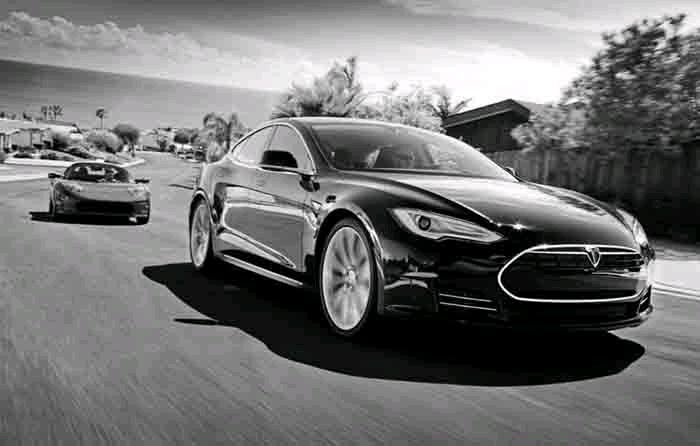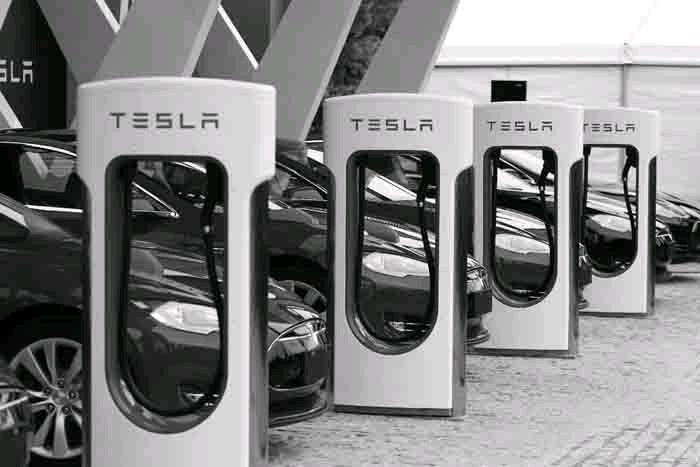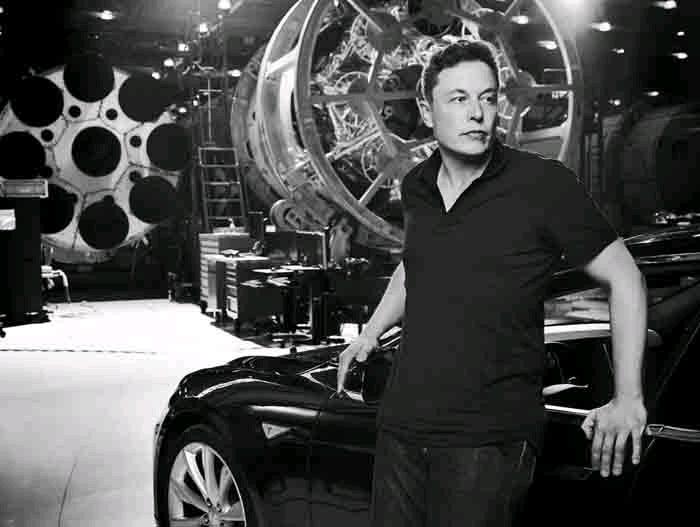Tesla to Build a Local Factory in China
Tesla officially confirmed its plans to set up a manufacturing facility in China in last November, and now we know a bit more about what its planning to do in the key market in terms of production.
A Survivalist
In 2008, Tesla nearly went bankrupt. Only a last-minute fund-raise staved off a Chapter 11 filing for a company thats now riding high with a $47 billion market cap. Later, Musk would sell stakes in the carmaker to Daimler and Toyota and provide those companies Tesla-designed electric powertrains.
Tesla is once again up against a huge financial challenge as it prepares to launch its $35,000 Model 3 in the coming months. Musk and his team plan to spend nearly all of Teslas cash, about $2.5 billion, to bring the Model 3 to market and manufacture it at scale. Burning cash at that rate required a capital raise of more than $1 billion in last March, as well as another more strategic move, reminiscent of Teslas deals with Daimler and Toyota.
China Factory Could Begin Production in Roughly Three Years
Tesla officially confirmed its plans to set up a manufacturing facility in China in last November, and now we know a bit more about what its planning to do in the key market in terms of pro- duction. A the time, Tesla wouldnt say much more beyond that its “committed to the Chinese market” and interested in exploring manufacturing facilities around the world.
“Dont set your watch by this,”Musk said, but noted that “theres a rough target of starting production in the next three years, and it would be serving the China market and some of the surrounding region.”
The factory will produce Model S and Model X, but is intended to build primarily Model 3 and the forthcoming Model Y affordable crossover SUV, Musk said, since “its really the only way to make the vehicles affordable for China.” Asked about total eventually production capacity and scale relative to its existing facilities, Musk said that“its at least a couple hundred thousand vehicles per year, maybe more.”
This is still early days for any finalization of plans, and Tesla noted on the call that there wont be any major capital expenditure on the China plant until at least 2019.
Aims to Retain Sole Ownership
The Wall Street Journal report confirming the plans for the factory noted it would be located in the free trade zone located outside of Shanghai, and that Tesla aims to retain sole ownership rather than partnering with a local automaker, which is the way current OEMs operate in order to avoid Chinas 25 percent import tax on foreign carmakers.
China has high import duties on foreign cars. Every major manufacturer who sells cars in China has partnered with a local company to build its cars domestically. Tesla thought it could buck the trend, but found out it could not. When it comes to electric cars in particular, domestic models enjoy significant advantages, like access to scarce registrations and public charging stations.
The idea of a factory in Asia is a good thing, though. China and its neighbors form the largest car market in the world. Tesla is now making sensible plans to compete successfully in that market.
The Chinese government encourages foreign companies to go into a 50 percent partnership with a local company to establish a China-based enterprise. The benefit for China is jobs, access to tech, and a continued growing economy. For the foreign company, it avoids high import tariffs. For electric cars, that import tariff is set at 25 percent.
Tesla will build the factory in Shanghais free trade zone meaning full ownership is retained. However, that also means the 25 percent import tariff still applies to Teslas vehicles.
A Big Chinese Backer
The Tencent deal is a prime example. Electric cars have, thus far, been a disappointment. Their sales amount to only about 1% globally, and Tesla is the only car company that has defined itself through electrified, long-range mobility. The Model 3 will be a major test of whether there truly is a mass market for EVs.
But Musk doesnt want to take that chance. At best, Tesla sales in the US could rise to 1 million by 2020, giving the company a bit more than 5% of the market. (That would be better than what Volkswagen and Audi together have now.) And the USs market is unlikely to match Chinas, which is already notably larger. Furthermore, growth in the US is tapped out.
So Musk is logically thinking about a pivot to China, where the market could grow by another 10 million annually — and where the government can get behind EVs in a big way, giving Tesla a leg up on gas-powered vehicles.
But Musk doesnt have that many powerful levers to pull. Tesla has been around for only a decade, and unlike other major automakers, it still hasnt established a joint venture with a Chi- nese car company to build Teslas in that country rather than import them.
Tesla now has a big Chinese backer in the form of Tencent Holdings Ltd. Back in last March, Tencent paid $1.8 billion to take a five percent stake in Tesla. That relationship has surely opened up a few doors for the car maker.
Tencent Holdings Ltds investment in electric car maker Tesla Inc, announced in last March, highlights the internet giants strategic focus in artificial intelligence-backed applications, notably in the realm of smart vehicles, experts have said.
The Chinese internet conglomerate scooped up 5 percent of Teslas shares for around $1.78 billion to become its fifth-largest shareholder, according to a filing to the United States Securities and Exchange Commission.
Tencent is bullish on Teslas new technologies, “including electric cars, assisted driving and shared vehicles”, according to a company statement.
Musk has turned to the powerful asset Tesla currently owns: the company itself and its stock, which has been rallying since the beginning of 2007 and at a few points has threatened to cross the critical $300-per-share barrier. (Its now trading at about $280.)
Tesla doesnt look cheap to many investors, but if you accept that electric cars could be big in the future, then buying a chunk of Tesla now makes sense. Tencent will own 5% of Teslas growth going forward, and in China, that growth could be considerable.
As compensation, Tesla obtains a stalwart investor and adviser to provide the company some financial cover. Tencent wont want to see its nearly $2 billion stake obliterated and is far more likely to buy more of Tesla.
The track record of companies taking a stake in Tesla is also impressive —both Daimler and Toyota got in before Teslas initial public offering and sold after their holdings had appreciated well above the IPO price, which was under$20.
Because Musk is a survivalist and a strategic genius, he doesnt waste time when it comes to stuff like this. Whatever negative jitters result from capital raises, debt issuances, and big changes in stock ownership are mere blips. The only thing that matters is that Tesla hits its milestones and sets itself up as one of the dominant companies in a postfossil-fuel world.
2017 was a big year for Musk and company. The Tencent investment just makes it bigger.
- 中国经贸聚焦·英文版的其它文章
- Latest Public Official Changes in China
- Exhibitions
- Liu Beixian Former Head of Chinese News Agency Expelled From Party for Graft
- Deng Weigen Former Mayor of Jiangmen,Guangdong under Investigation
- Ni Zhimao PhD student at Peking University act as Deputy Governor of Yuyang
- Qiao Baoping Former Chairman of Guodian Corporation act as Chairman of Na tional Energy Investment Group

